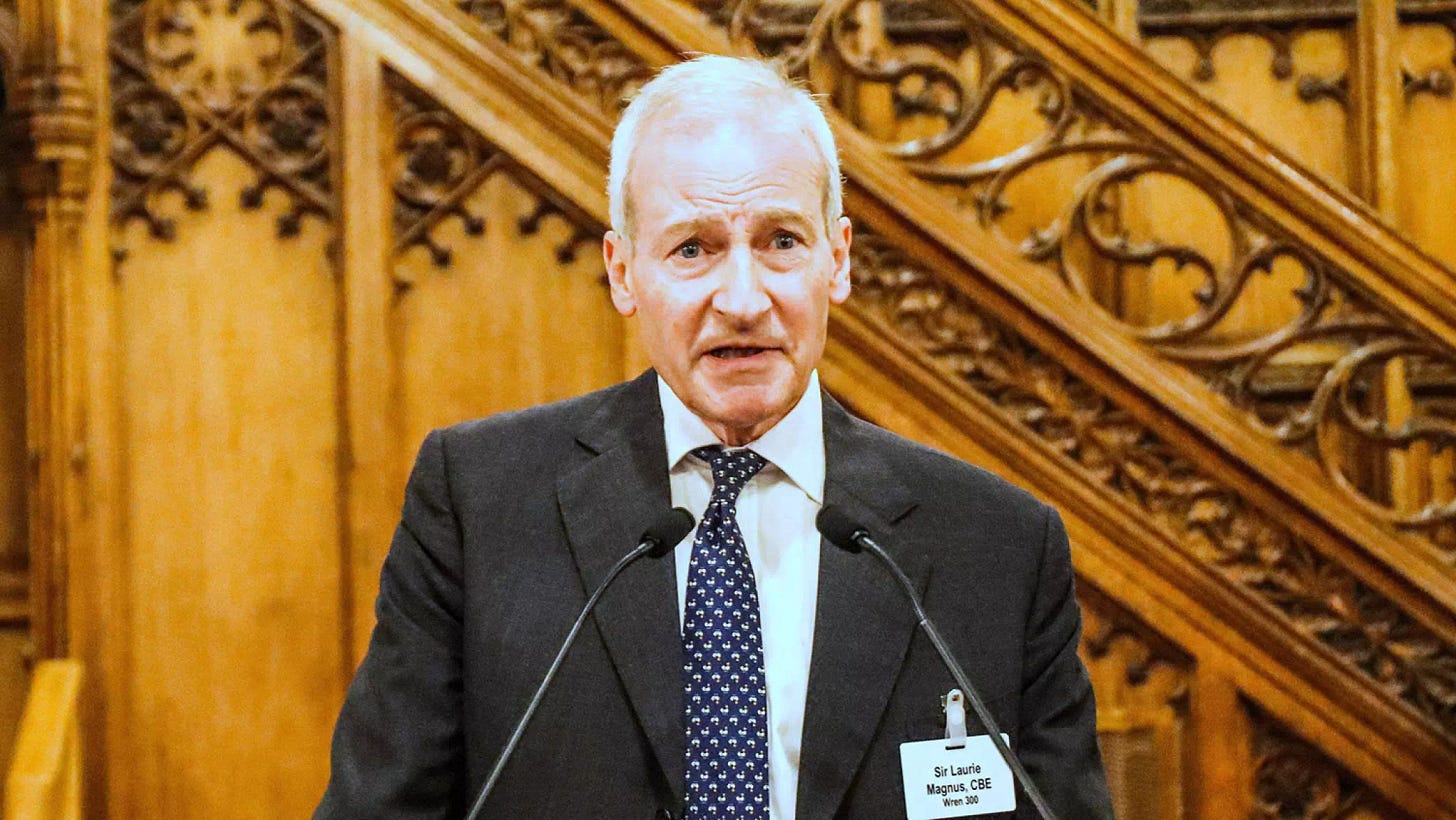The Angela Rayner Scandal
I've changed my mind
Conventional wisdom dictates that Labour scandals involve money, whereas Tory ones relate to sex. I suppose on the basis that everyone wants what they don’t have. To that end, Angela Rayner is living up to her side of the bargain. The deputy prime minister yesterday admitted she had wrongly failed to pay £40,000 of stamp duty when purchasing an £800,000 flat in Hove and has referred herself to the independent adviser on ministerial standards.
Unfortunately, Kemi Badenoch appears to be letting the side down. On Monday, the Conservative leader faced questions over her frequently repeated claim that she had been offered a place and a partial scholarship at Stanford University to study “pre-medicine”. However, as The Guardian’s Jessica Elgot reports, admissions staff were “unable to recall the proposal”, while there is also the small matter that medicine is only offered to graduates at Stanford and there is no “pre-med” degree.
Clearly, the deputy prime minister faces a fight for her political survival. The first charge is of hypocrisy. In opposition, Rayner frequently criticised ministers over allegations of financial impropriety. For example, in 2018, she accused then-health secretary Jeremy Hunt of using a “Tory tax loophole” to save almost £100,000 in stamp duty. And in 2023, she called for then-Conservative Party chair Nadhim Zahawi to resign after he paid a substantial penalty to HMRC to resolve a tax dispute.
The second issue is that she also happens to be housing secretary and this is a scandal involving, well, a house. Third, Labour is about to raise taxes, with property specifically and wealth more generally a prime target. And fourth, her boss, Keir Starmer, came to power explicitly promising his ministers would be sacked “no ifs, no buts” if they were found to have broken the rules. What I’m getting at is that you don’t need to be swivel-eyed Rayner obsessive to see this is more than a perception problem.
Full disclosure: I used to roll my eyes at low-level impropriety, especially the German variety, where at one stage it seemed as if their politicians were permanently resigning over accusations of plagiarism in their doctoral theses. Seriously, it was a thing.
But when it comes to allegations of financial impropriety or random CV exaggerations, I’ve changed my mind. Not because I’ve grown more prudish or less forgiving1. But because I think the norm that being caught telling lies — even small ones, arguable ones, ‘just exaggerating’ ones — is bad and embarrassing is worth upholding.
When it comes to consensual sex between adults, I still don’t believe it’s relevant or in the public interest unless it involves political hypocrisy. Think the Republican Congressman who rails and votes against equal rights for LGBT people but is subsequently caught getting it on with the male intern. But otherwise, I think we should err on the side of pearl-clutching.
It might appear that in a world where the Trump family stands accused of brazenly monetising the US presidency to the tune of billions of dollars, a few thousand under-taxed pounds (the Rayner example was complicated, in that it involved a trust, rather than the deputy prime minister simply declining to pay stamp duty) is nothing. But I draw the opposite conclusion.
Of all the UK political scandals of the 21st century, from intelligence failings over Iraqi WMD to the regulation of financial services prior to the Global Financial Crisis, the most damaging one was in some ways relatively small beer: the MPs’ expenses scandal. Many of the examples were absurd — claiming back money for remembrance wreaths or trouser presses.
I don’t mean to suggest there was nothing to see there. People went to prison! But in tandem with a deep recession caused by a banking crisis in which no one appeared to face punishment, it served to fuel a narrative that those in positions of power are all on the take, all the time and that no one is ever held to account.
Now, ask the British public if MP ‘X’ should resign over issue ‘Y’ and you don’t even have to wait until the end of the question to receive a resounding ‘yes’. And I’m certainly not suggesting Rayner or Badenoch should walk. But I do think that this is not the time to lower our standards or expectations. In a political climate marked by cynicism and open hostility to the other, it is instead a moment to vigorously uphold norms. Because, as we look around, it is pretty clear they are not self-reinforcing.
P.S. I was pleased to be a guest on The Addition podcast with Charlotte Henry, where we talked about newsletters and I told some Grade A chat show anecdotes. Listen here if you like.
You’d have to ask the people around me








Since as human beings each of us have quirks and/or flaws and have history, is it little wonder that few people, certainly those who can get a job without having to be a politician , want to be an MP.
Ouch! I tried to listen to that podcast… I’m such a snob.